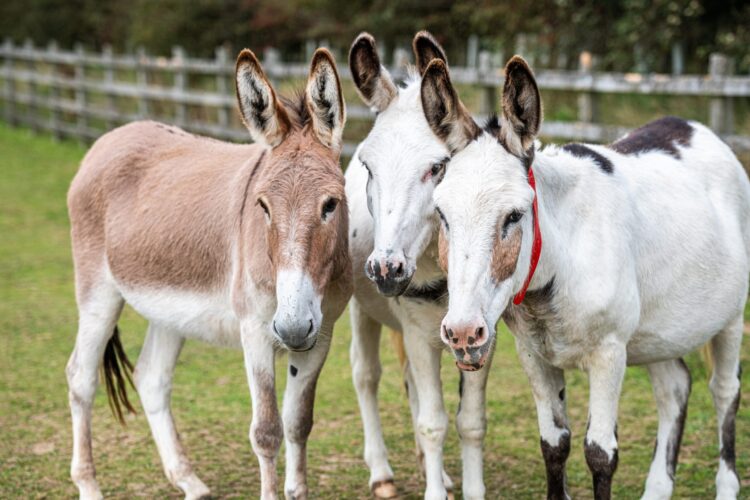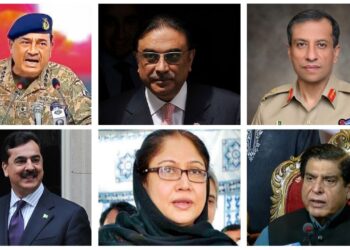(By Farooq Faisal Khan)
The donkey, it seems, has a peculiar fate, sometimes honored as a father figure, other times dumped into the metaphorical well.
In the U.S., it is a symbol of democratic choice; in Pakistan, a target of contempt. Here, if you want to insult someone, just call them a donkey or son of a donkey.
The animal is seen as stubborn, foolish, lazy, and irrational. But strangely enough, in America, the same creature symbolizes loyalty, resilience, and even wisdom.
Can you imagine winning votes in Pakistan by choosing a donkey as your election symbol?
Absolutely not.
Yet in the United States, that’s been the norm for over two centuries. The Democratic Party proudly uses the donkey as its emblem, while the Republicans stand behind the elephant.
English may not be as colorful, but Urdu is filled with donkey-related idioms. When someone vanishes without a trace, we say, “He disappeared like the horns on a donkey’s head.”
If things go wrong, it’s “donkey in the well.” Still, there’s enough room in our culture to label the donkey as a “father” in one moment and demote it to “beast” when it suits us.
Imagine if, inspired by the American admiration for donkeys, our politicians started rethinking their campaign symbols. Which leader would be the first to adopt the donkey proudly?
Some might even claim to be wiser than a donkey. But with so many aspirants, there could be chaos. The Election Commission would have to judge candidates based on “donkey-like traits” — stubbornness, foolishness, laziness, and inflexibility.
And if they win? Call them The Donkey King.

























